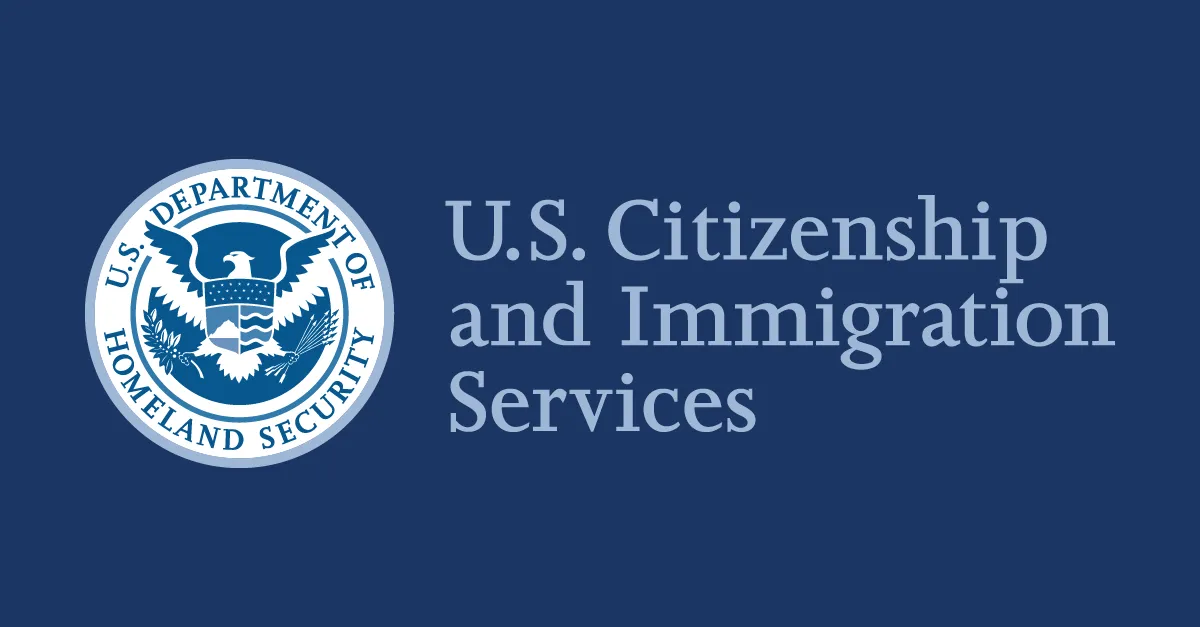
On January 20, 2025, President Trump signed the Protecting the American People Against Invasion executive order. This directive mandates the Department of Homeland Security (DHS) to ensure that all aliens comply with their registration obligations under section 262 of the Immigration and Nationality Act (INA) (8 U.S.C. 1302). Non-compliance with this order is prioritized as both a civil and criminal enforcement issue.
The Immigration and Nationality Act requires aliens, aged 14 and above, who were not fingerprinted or registered during their U.S. visa application and intend to stay in the United States for 30 days or more, to complete the registration process. Parents and guardians are responsible for registering their children under 14. Upon turning 14, previously registered children must re-register within 30 days.
Upon registration and fingerprinting, unless waived, DHS will issue evidence of registration. Aliens over the age of 18 must carry this registration documentation at all times. Failing to meet these requirements can lead to criminal charges and civil penalties, including fines.
All aliens aged 14 or older, who were not registered and fingerprinted during their visa application and remain in the U.S. for over 30 days, must register before these 30 days elapse. This also applies to parents or legal guardians of children under 14 who have not been registered. Furthermore, any alien who turns 14 within the United States must comply within 30 days of their birthday.
Some individuals are exempt from these registration requirements, including American Indians born in Canada under section 289 of the INA and members of the Texas Band of Kickapoo Indians, who entered the U.S. under the Texas Band of Kickapoo Act.
Individuals who have fulfilled their registration obligations include lawful permanent residents, aliens paroled into the U.S. under INA 212(d)(5), and those admitted as nonimmigrants with a Form I-94 or I-94W. This also includes aliens involved in removal proceedings, those with employment authorization documents, and those who applied for permanent residence using Forms I-485, I-687, I-691, I-698, or I-700.
Aliens present in the U.S. without inspection and admission, Canadian visitors entering at land ports without registration evidence, and those submitting benefits requests not listed in 8 CFR 264.1(a), like Deferred Action for Childhood Arrivals or Temporary Protected Status, are considered unregistered.
The DHS is preparing to introduce a new form and process for aliens to complete their registration requirements. Starting February 25, 2025, aliens must create a USCIS online account as a preparatory step. Detailed information on creating a USCIS Online Account is available on the official website. Once the process is active, aliens, along with parents or guardians for children under 14, will submit registration applications through their online accounts.
Stay informed by checking back on this webpage for further updates as they become available.